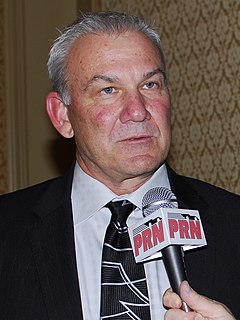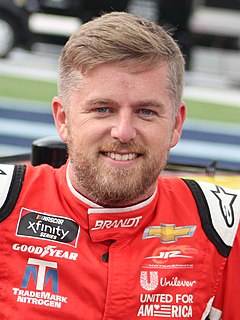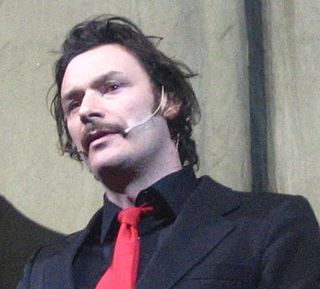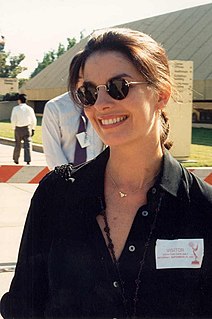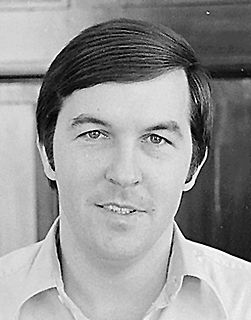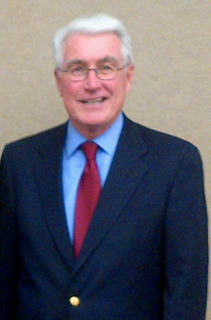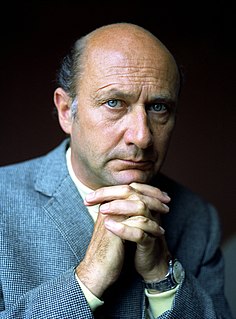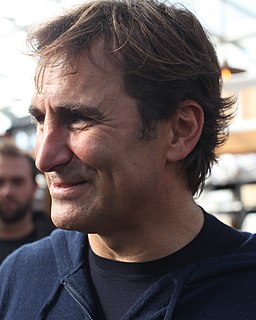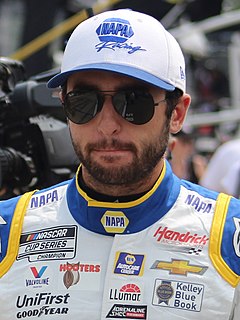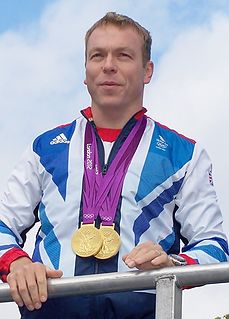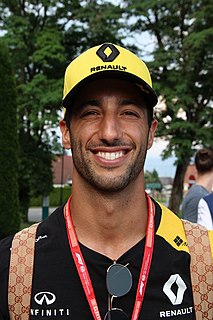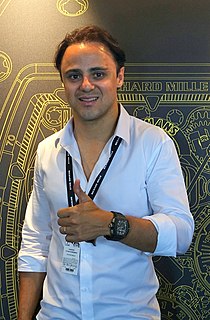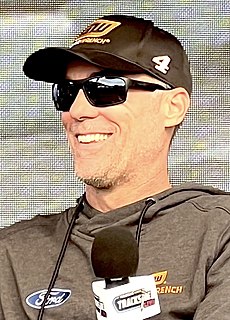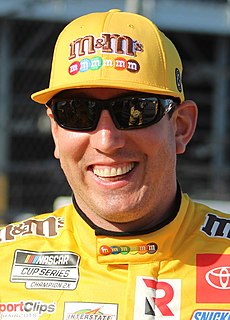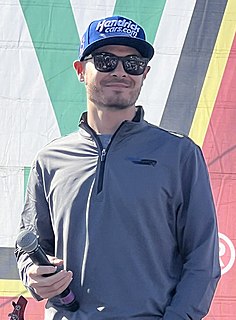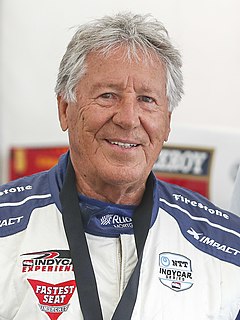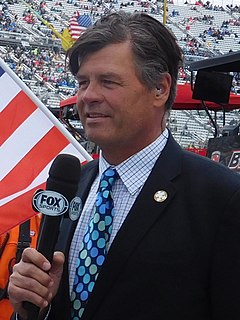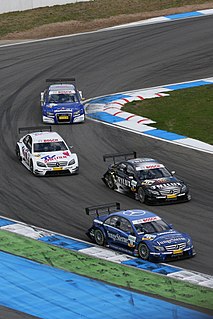A Quote by Dale Jarrett
When I was 20 and ran my first race, I told myself I don't know how I'm going to do this for a living. I don't have the money to do it. But it is what I want to do.
Related Quotes
I'm looking forward to Phoenix. I ran well there last year in the Nationwide Series, and it was one of the tracks I made four Sprint Cup starts at last season. In the Cup race last year, I had a good run going for it being my first time there in a Cup car, and unfortunately got damage from an accident. It's not a restrictor plate race, so this will be the first time this season that I will run a lot of laps in practice. It's also the first race for the new qualifying format, so it will be interesting to see how that works out. Overall, I just want to have a solid run in the BRANDT Chevy.
In a typical 401k plan, when you first become eligible you get a big pile of forms and you're told, fill out these forms if you want to join. Tell us how much amount you've saved and how you want to invest the money. In, under automatic enrollment you get that same pile of forms but the top page says, if you don't fill out these forms, we're going to enroll you anyway and we're going to enroll you at this saving rate and in these investments.
I was always accused of being too stiff. In 1974, when I ran my first primary race for state rep, I was chief aide to the speaker of the House, I knew the issues and understood state government. But what I found out the hard way is that you can know all the ins and outs but people want to know you, your family.
When I was a kid, I was in love with one of the 'Charlie's Angels.' I told my dad, 'I'm going to marry somebody like Cheryl Ladd.' My dad said, 'You're not that good-looking, mijo. You're going to have to make a lot of money if that's what you want.' I went, 'Well, I want that, so I'm going to make money.'
I was about 20 when my mom got sick with cancer and it was bad. It was very scary and at the time I was doing my first screenplay and I was on deadline and was alone with my father in Massachusetts. I said, "Pop, you know, I don't how I'm going to work. I don't know how I can get this done. You know, I got to hand this script in and I can't think about anything but Mom." He said, "Well, you know, now is the time when you're going to learn what it means to compartmentalize." And those words really had an impact on me.
